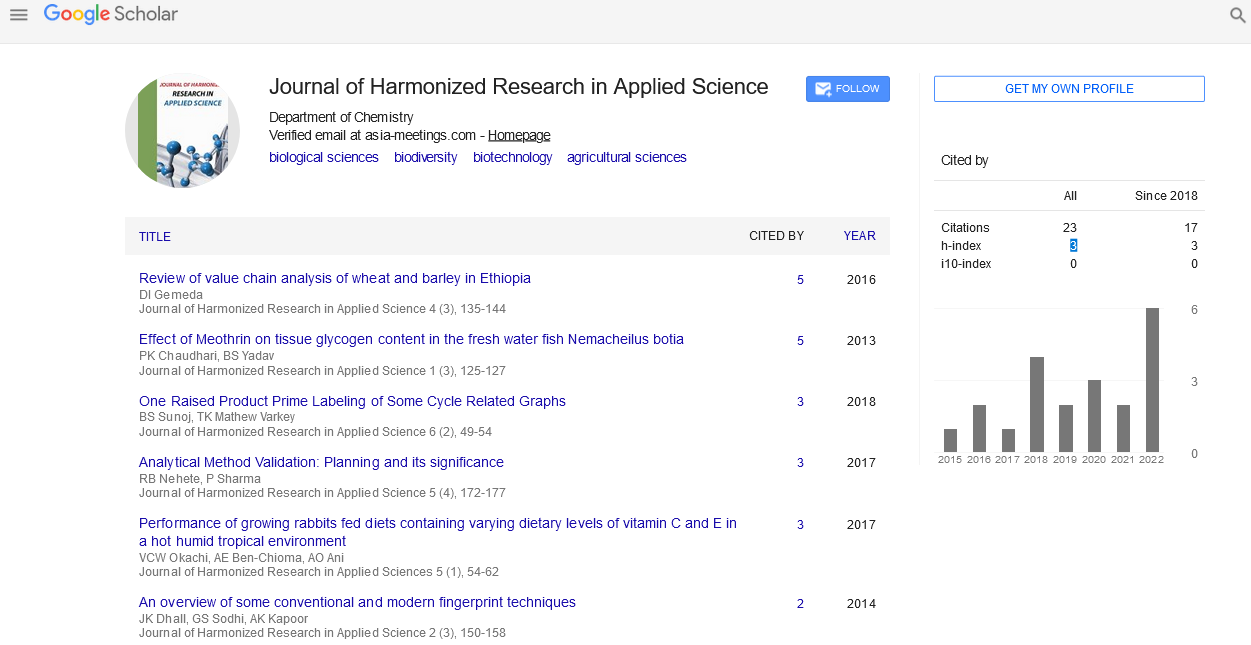ECOTOURISM -ONE MEANS OF ATTEMPTING TO ACHIEVE SUSTAINABILITY
Abstract
Author(s): Meera Ranjith, Dr. Sanjukta Sattar
Ecotourism is a part of nature-based tourism and most of the activities of ecotourism are carried out in the natural environment. Nature is the primary element of ecotourism along with the people and culture of the place. The unique features of ecotourism include the direct interactions of the visitors with nature and culture for the purpose of enjoying, studying and admiring the natural beauty and its typical interdependences. Ecotourism activities are broadly divided into soft or hard, low-impact or high-impact, participatory or non-participatory, exploitive or active or passive, consumptive or non consumptive, and voluntary or non-voluntary. The involvement of eco-tourists in the various activities largely generate direct demand for the rooms, vehicles, guides, foods, handicrafts, etc and indirect demand for supporting services to meet the direct demand of eco-tourists. In this process, visitor expenditures induce the income of the local people and in turn, the local economy gets strengthened. Apart from the positive impacts, there are negative social, economic, cultural, environmental and ecological impacts. However, ecotourism activities create both positive and negative impacts for which maximum precautionary measures should be taken to ensure sustainable ecotourism development.










